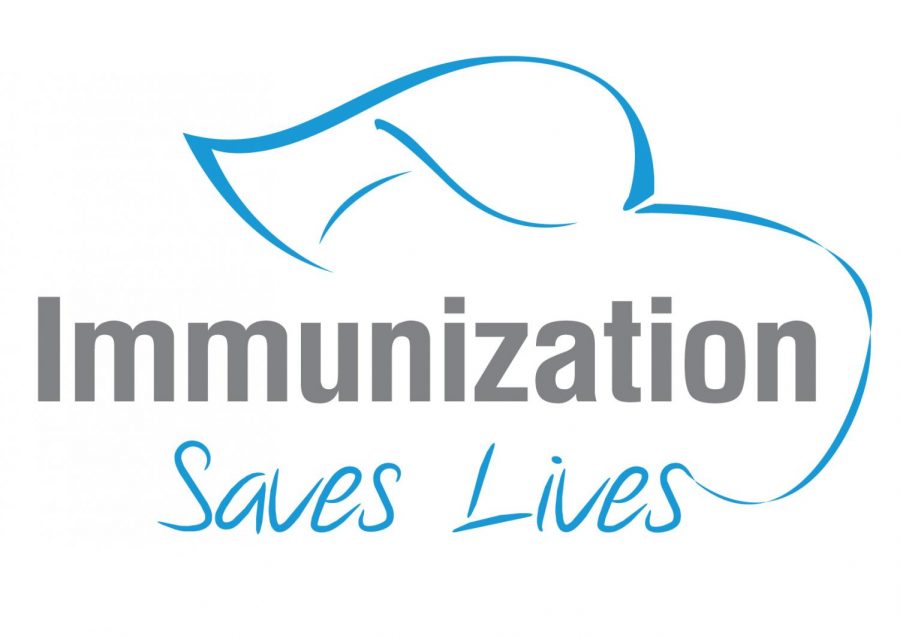To vaccinate or not to vaccinate
The controversial topic among parents on whether to vaccinate or not vaccinate their children has become a recent debate. According to Harvard University, the first vaccine was administered in 1798, and changed medicine forevermore. Vaccines are responsible for the U.S. eradication of polio and the worldwide eradication of smallpox. Many people would argue that vaccines are one of the greatest medical achievements to date. However, in recent years, people known as anti-vaccinationists are against vaccines, citing they are dangerous, unsuccessful, and overall unneeded.
The Centers for Disease Control and Prevention cites that vaccines work by passing weak or dead antigens of a pathogen (a virus, bacteria, fungi, or parasite) into the body. When the body encounters a real pathogen, it will be able to detect and most likely eliminate it before it causes negative impacts to the body. When someone gets a vaccine, they are not only protecting themselves from the potentially dangerous pathogens, but also the whole population. In order for the entire population to be considered immune to the pathogen, around 75 to 94% of people must be vaccinated. Thus, negative consequences can result when people in the population decide not to vaccinate themselves or their children.
One of the typical arguments given by anti-vaccinationists is that the vaccines remain ineffective. Even though no vaccine can be considered 100% effective, according to a Harvard University study, most are at least 95% effective. For example, the chickenpox vaccine is 98% successful, and the smallpox, measles, and yellow fever vaccines are over 95% successful. There is even more evidence proving the effectiveness of vaccines throughout history. Once the measles vaccine became widespread in the U.S., the number of measles cases significantly dropped. The same occurred when the polio and rubella vaccines were administered.
Another argument anti-vaccinationists give is that vaccines can be linked to autism. Autism is a brain disorder that occurs as the brain is developing. Most people are diagnosed with this around 2 to 3 years old. Harvard University determined that this argument became well known when a scientist by the name of Andrew Wakefield produced “evidence” of the link between autism and vaccinations. He was later found out to be guilty in 2010 for extreme misconduct for creating false evidence about this sensitive topic. Many will still argue that the percent of autistic people has increased over time. However, the reason this has occurred cannot be linked to vaccines, but instead to the different classification system we now have for autism. For example, many years ago, severe cases of autism would be classified as different disorders not known as autism.
Although there are few downsides to vaccines, the benefits far outweigh those. The anti-vaccinationist movement has often been based off of false medical information that in recent years, we have proved is in fact false. Vaccines have been proven by a myriad of medical studies and experts to be safe, effective, and very much needed throughout the population.


